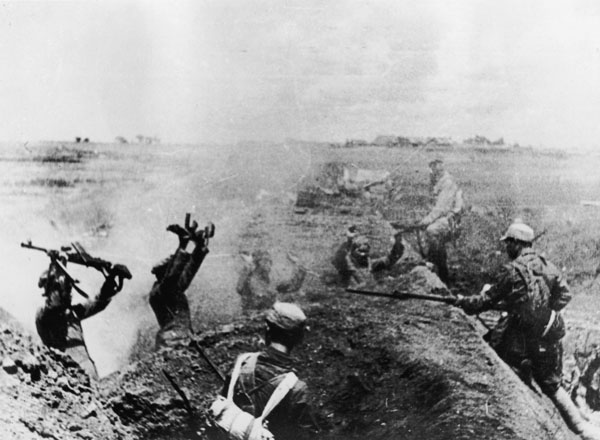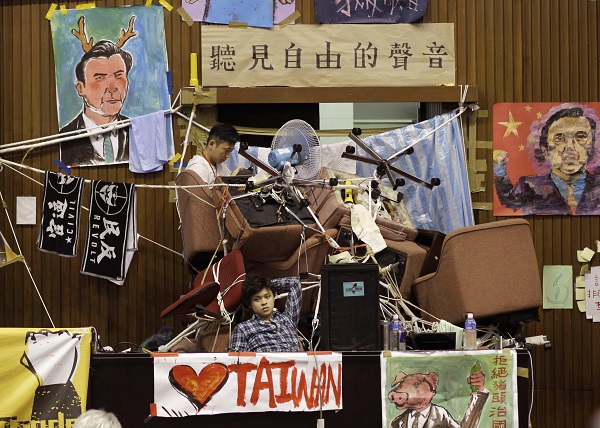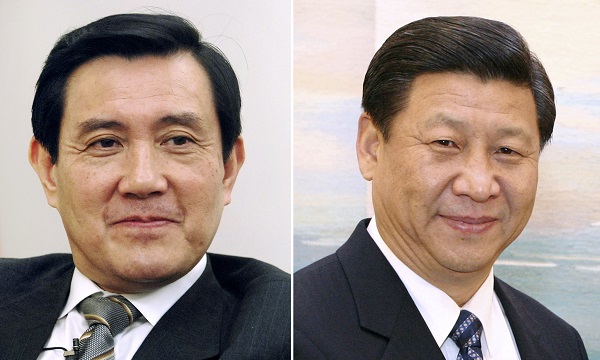How China and Taiwan split: A look back, as leaders meet
As World War II drew to a close in 1945, Chinese leader Chiang Kai-shek, of the Nationalist Party, met with Communist leader Mao Tse-tung in the southwestern city of Chongqing. The next year, civil war erupted between the Communists and Nationalists, eventually leading to a bitter split in 1949. The Nationalists fled to Taiwan and set up a government there, essentially severing the island from the Communist-ruled mainland.
In the 65 years since, the leaders of Taiwan and mainland China have never held a face-to-face meeting. Though it has ruled itself for six decades, Taiwan has never declared formal independence; leaders in Beijing continue to regard the island as an inherent part of Chinese territory that must someday be reunited with the mainland.
On Nov. 7, 2015, in a historic meeting, Taiwanese President Ma Ying-jeou sat down for talks with Chinese President Xi Jinping in Singapore. The move could help heal the rifts between the governments — or drive them even further apart. Here are key moments in the relations between the two sides.
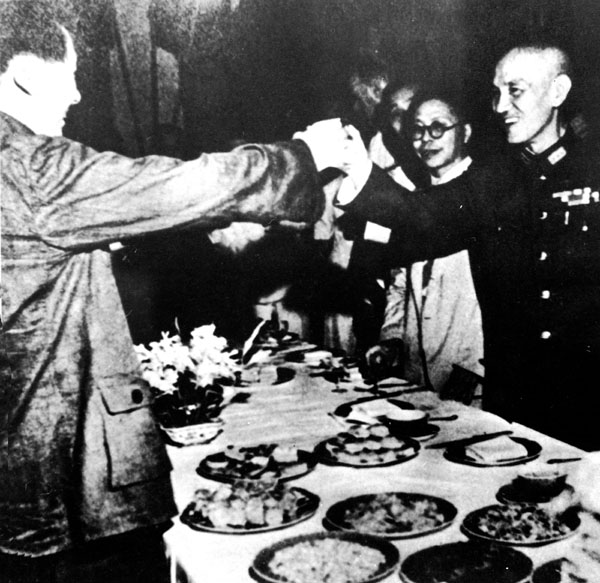
Chinese generalissimo Chiang Kai-shek of the Nationalist Party meets with Communist leader Mao Tse-tung in Chongqing. Mao, who is accompanied by the U.S. ambassador to China, Patrick J. Hurley, stays in the southwestern city for 43 days and leaves on Oct. 11, 1945.
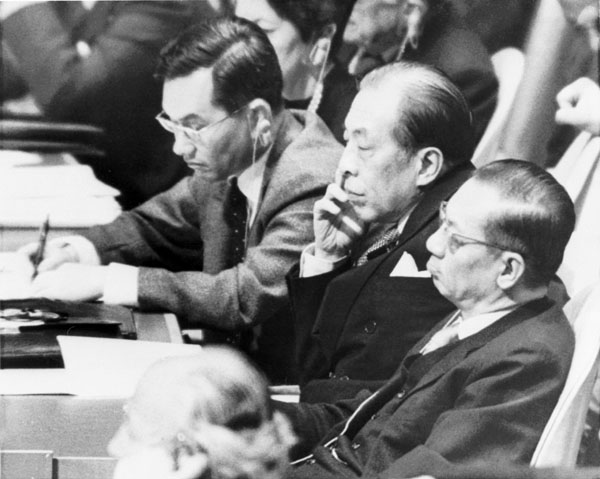
The United Nations General Assembly votes to admit China and expel Taiwan.
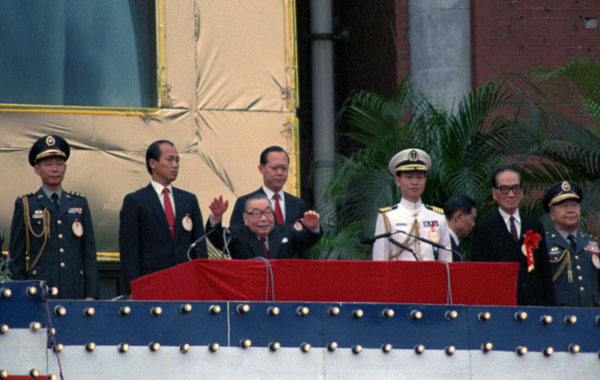
Chiang’s son, Chiang Ching-kuo, who became president in Taiwan in 1978, issues an order to lift 38 years of martial law, paving the way for a transition to democracy and closer relations with China.
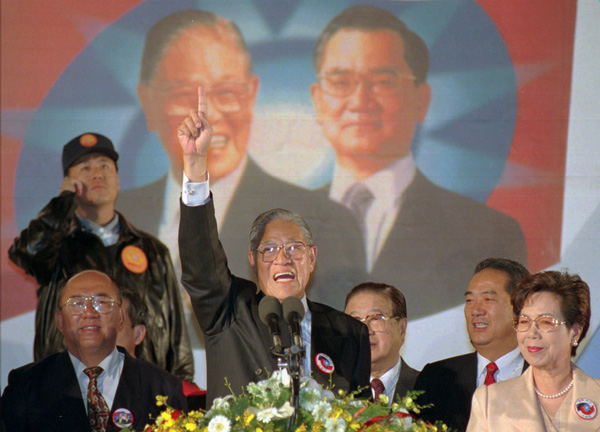
Lee Teng-hui, who succeeded Chiang as Taiwan’s leader upon his death in 1988, wins a resounding victory in the island’s first fully democratic presidential elections. Beijing says the vote does not change Taiwan’s status as part of Chinese territory.

Amid infighting in the Nationalist Party, Chen Shui-bian of the Democratic Progressive Party wins a stunning victory in presidential elections. Chen becomes the first non-Nationalist to hold Taiwan’s presidency.
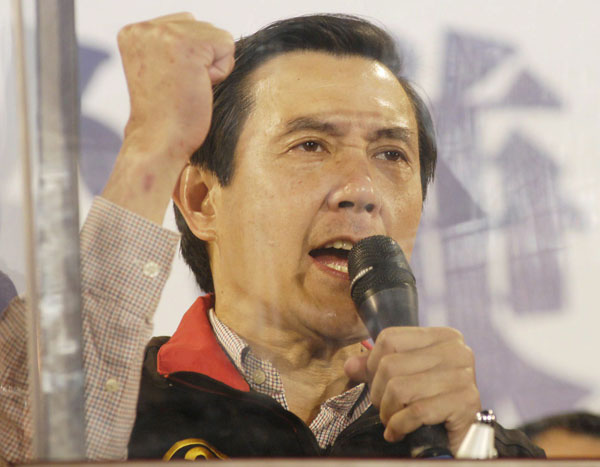
Ma Ying-jeou wins back the Taiwanese presidency for the Nationalist Party, pledging to strengthen business ties and negotiate a peace deal with China — but only if Beijing stops targeting the island. Taiwan believes China has approximately 1,000 missiles aimed at it.
Sources: Times research
Credits: Julie Makinen, Tommy Yang, Nicole Liu, Alexandra Zavis, Maloy Moore, Jeremiah Bogert , TimelineSetter
